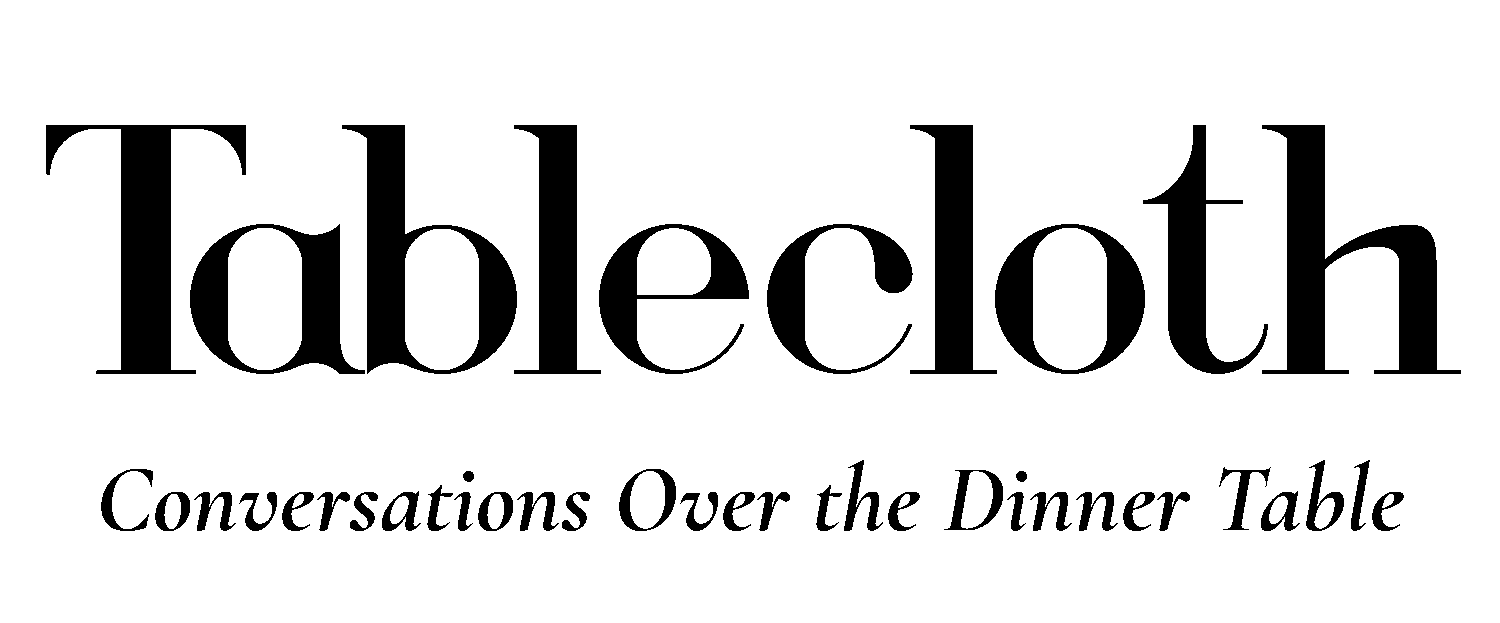Media reports during the pandemic affected us in many ways, often changing the way we live and behave towards diseases and viruses. But despite the ease of restrictions, this photo-essay shows how germs still exist around us.
Toilet Handle
The other day I was standing with a friend as she scratched around the bottom of her handbag feeling for a breakfast bar. She laughed. “Oh my God, remember this?” said like a magician pulling a rabbit out from a hat, as she whipped out a crushed, stained face mask. How could we forget that? But we sort of have, even though for many of us the pandemic has caused mental health problems that plague us every day.
The world is still a germy place. Flu is on the rise and new variants of Covid-19 are still being reported all over the world. How did the COVID-19 pandemic continue to affect us years on?
According to the World Health Organisation (WHO), the COVID-19 pandemic triggered a 25% increase in prevalence of anxiety and depression worldwide, with an IFS analysis finding that mental health worsened by 8.1% on average because of the pandemic.
Dr Gabriella Tyson, a researcher at the University of Oxford, who specialises in preventative research for mental health disorders in at-risk populations that studies how the media has affected our perception of diseases and viruses, suggests that intense levels of reporting might be responsible for higher levels of panic, fear, depression, and fatigue post-Covid-19.
“Reporting styles greatly affected the way the public perceived the Covid-19 pandemic” she said, and there may be more people suffering with headline stress disorder as a result. “The type of coverage most likely to induce fear and anxiety are stories that are dramatic, emotional, sensationalised (e.g., clickbait) and pessimistic.”
“When the information was seen as alarming the media exposure was ineffective in changing behaviour,” said Dr Tyson. “This demonstrates the power the media has over influencing the public’s perception of diseases. When the coverage turns alarmist and promotes misinformation, this leads to fear and panic, and ultimately more mental health issues alongside the spreading of the virus,” with people with health anxiety and related conditions such as OCD being hit worse.
“The Covid-19 pandemic has shown that stories of an alarmist nature, that are not fully fact-checked for credibility and that skew towards death rates, have a large negative impact on consumers’ mental health. Unfortunately, when it comes to covering things like contamination risk, this can adversely affect those already suffering with health anxiety or OCD but cannot be avoided in the interest of public safety.”
The situation wasn’t much better for those reporting on the pandemic. “Journalists who were repeatedly covering Covid-19 related stories had significantly higher rates of PTSD symptoms and higher psychological distress than those who were not,” said Dr Tyson.
NHS support worker Kavita Nath saw this for herself on the frontline. “I remember sitting down with my children when Boris Johnson had sat down announcing lockdown. During that time, everyone was hesitant, and it was difficult period for everyone. Many family members had passed away due to Covid-19, so it was difficult to hear that people in America were talking about not vaccinating,” said Kavita. “This began creating a lot of mental health issues surrounding the topic.”
Even after lockdown rules were eased, many people continued to maintain new protective habits such as mask wearing. “People are more conscious about their health and safety post Covid-19,” Kavita said.
Chris is a paramedic who worked throughout the pandemic. He found that the levels of precautions individuals were prepared to take varied dramatically but found hand washing a cause for concern.
“Due to a lack of soap and water availability many people turn to hand sanitiser on the go, but this is not new,” said Chris. Similarly, Kavita reports akin disparities: “It comes down to an individual’s choice on whether they make a conscious decision of what type of soap they use. But regardless of Covid-19, washing our hands on a regular basis is not something we should stop doing. It’s about keeping our loved one’s safe.”
This is advice my friend should heed. After dropping the dirty mask back into her bag, she found the breakfast bar. And just ate it.
*
Watch our video ‘How To Use Petri-Dishes At Home’ on our YouTube.
All images, Ⓒ Ashlea Abbs.
